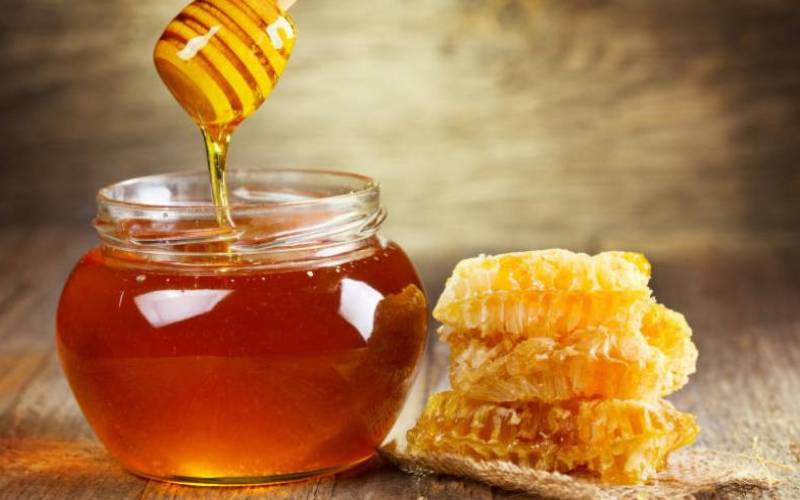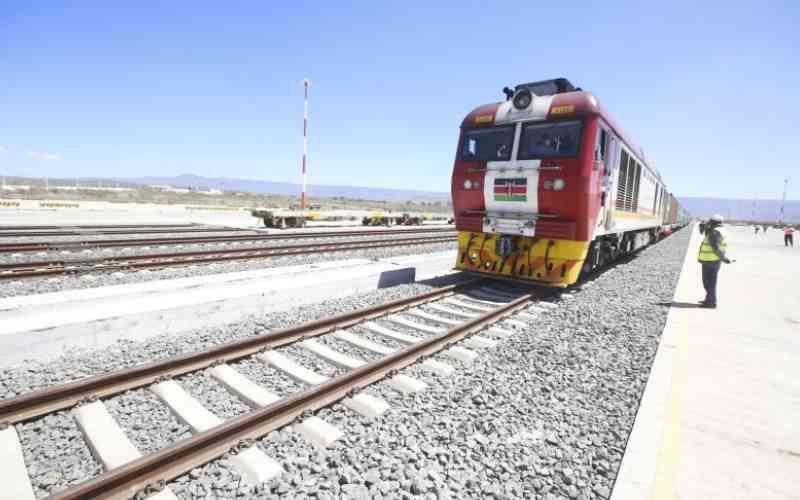×
The Standard e-Paper
Stay Informed, Even Offline
Nairobi, Kenya: If you live in Nairobi, the choicest cuts from your favourite butcher might not be the beef you ordered.
Instead, unscrupulous butchers are likely selling you donkey or game meat, which exposes you to the risk of contracting diseases like anthrax.







